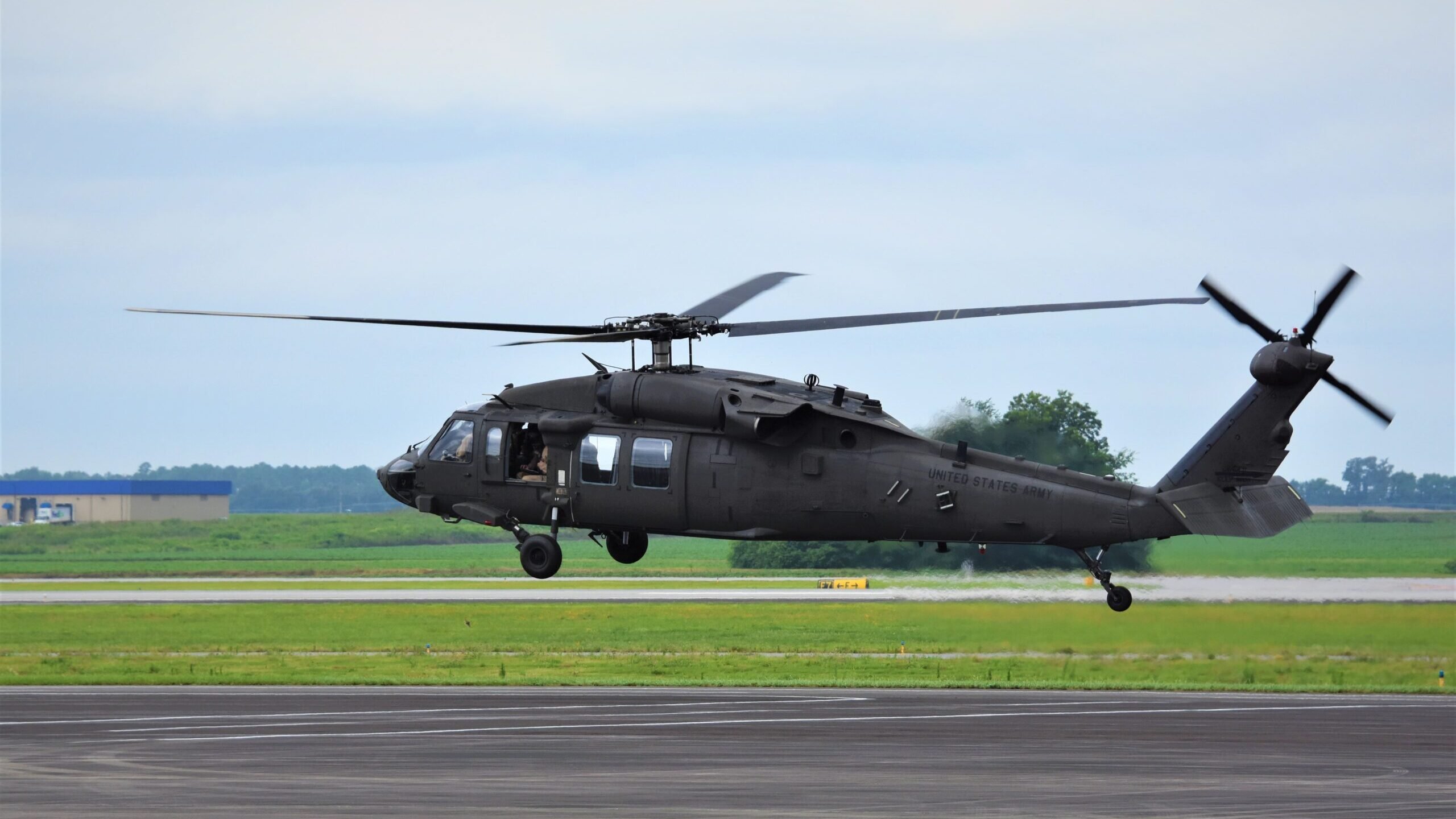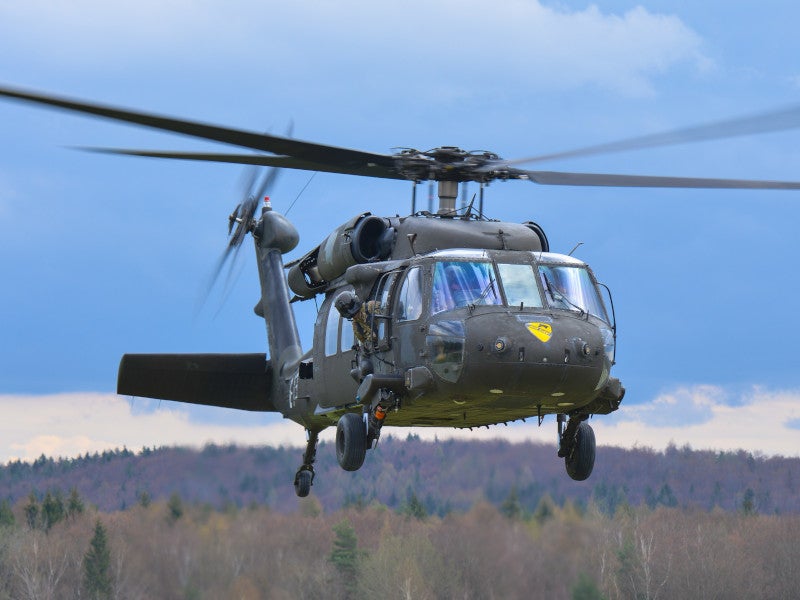UH 60 Black Hawk Helicopter Variants and Their Usages
UH 60 Black Hawk Helicopter Variants and Their Usages
Blog Article
The Effect of Sustainable Practices on the Future of Airplane Operations and Emissions Decrease
As the air travel market faces boosting analysis over its ecological influence, the fostering of lasting techniques emerges as an important path toward future aircraft operations and discharges reduction. Developments in lasting aeronautics gas and advancements in crossbreed propulsion technologies stand at the leading edge of this improvement, promising considerable reductions in greenhouse gas discharges.

Introduction of Sustainable Practices
Sustainable techniques in aircraft operations encompass an array of methods targeted at decreasing ecological influence while keeping functional efficiency. These techniques are crucial in the aviation market's dedication to decreasing its carbon impact and sticking to worldwide environmental criteria. Key campaigns include maximizing trip courses to reduce gas usage, enhancing upkeep procedures to guarantee aircraft operate at peak effectiveness, and implementing sophisticated innovations such as winglets and lightweight materials that enhance aerodynamics.

Engaging and educating staff on sustainability techniques likewise play a crucial function, cultivating a society of environmental duty within organizations. Generally, the integration of these lasting methods not only helps in reducing emissions however likewise improves the long-lasting practicality of the aviation industry, guaranteeing it satisfies the demands of both clients and regulative bodies while adding to global sustainability objectives.
Innovative Fuel Alternatives
Many ingenious gas alternatives are becoming crucial services to reduce the aviation market's reliance on conventional fossil fuels. Amongst these alternatives, Lasting Air travel Fuels (SAFs) have gotten significant interest because of their possible to reduce lifecycle greenhouse gas exhausts by up to 80% compared to traditional jet gas. SAFs are stemmed from various feedstocks, consisting of waste oils, farming residues, and even algae, making them a versatile choice for the industry.
One more encouraging choice is hydrogen fuel, which, when made use of in gas cells, creates only water vapor as a result. This zero-emission potential presents a significant possibility for decarbonizing trip procedures, especially for short-haul trips and regional aircraft. Furthermore, electric propulsion systems are being checked out, leveraging battery technology to power aircraft. While existing battery ability limits array and payload, continuous improvements might quickly render electrical flights sensible for specific applications - uh 60.
Finally, biofuels stemmed from biomass are being examined, using a renewable option that can be blended with traditional fuels. Jointly, these cutting-edge fuel options represent a crucial step toward accomplishing a sustainable aeronautics ecosystem, straightening with worldwide discharges reduction targets and enhancing the market's environmental stewardship.
Technical Innovations in Aviation

How can technological developments reshape the future of aeronautics? Technologies such as hybrid and electric propulsion systems are at the leading edge, promising considerable reductions in gas intake and greenhouse gas exhausts.
Moreover, the application of sophisticated materials, such as lightweight composites, contributes to improved aerodynamics and gas performance. Using expert system and artificial intelligence in trip procedures enhances route preparation and lowers gas burn by enabling real-time modifications based on weather and traffic problems. Furthermore, the advancement of self-governing and from another location piloted aircraft systems stands to transform cargo and guest transportation, possibly raising efficiency while minimizing human error.
Furthermore, sustainable air travel technologies, including innovative air traffic management systems, can lower and streamline operations congestion, resulting in lower exhausts throughout trip. These advancements jointly stand for a paradigm shift in air travel, guaranteeing a future where sustainability and functional effectiveness are linked, thereby sustaining the sector's dedication to decreasing its environmental impact.

Regulatory Structure and Compliance
Due to the growing focus on ecological stewardship this post within the aviation field, the regulatory framework governing airplane procedures is advancing to promote lasting techniques. Governing bodies, such as the International Civil Aviation Organization (ICAO) and various national air travel authorities, are presenting stringent standards intended at minimizing exhausts and improving operational effectiveness.
These laws frequently include the adoption of Lasting Air travel Fuel (SAF), which has been identified as a crucial part in achieving lower carbon footprints. Compliance with these policies requires airline companies to apply advanced technologies and operational practices, such as optimized trip courses and boosted air website traffic management, to lessen gas usage.
Furthermore, the enforcement of exhausts trading plans and carbon countering efforts is ending up being progressively widespread, engaging airlines to keep an eye on and report their discharges properly. Non-compliance can lead to substantial charges, hence pressing drivers to focus on sustainability in their company versions.
Inevitably, the evolving regulative landscape not just drives technology and financial investment in eco-friendly innovations yet likewise promotes a society of accountability within the aviation market. As these structures proceed to develop, the concentrate on lasting techniques will certainly be important to accomplishing the industry's long-lasting environmental goals.
Future Trends in Airplane Procedures
As the air travel market adapts to a progressively rigorous regulative atmosphere, future fads in aircraft procedures are readied to concentrate on innovative options that even more boost sustainability and performance - uh 60. Key growths will likely consist of the fostering of sophisticated air traffic administration systems, which utilize real-time data and fabricated intelligence to enhance flight paths, reducing gas consumption and discharges
An additional substantial fad is the increased combination of sustainable aviation fuels (SAFs) These options to conventional jet fuel, obtained from renewable sources, can dramatically decrease lifecycle greenhouse gas discharges. The sector's commitment to SAFs will likely accelerate as airline companies team up with fuel manufacturers to ensure availability and cost-effectiveness.
Furthermore, the push towards electrification and crossbreed propulsion systems is getting momentum. Arising airplane layouts will integrate these modern technologies, supplying quieter and a lot more efficient procedures, especially for short-haul trips.
Conclusion
The fostering of sustainable aeronautics fuels, combined with advancements in electrical and hybrid propulsion systems, is crucial for lessening lifecycle greenhouse gas exhausts. Enhancing flight paths and accepting cutting-edge modern technologies contribute to a quieter and a lot more ecologically friendly air travel more helpful hints industry.
Innovations in sustainable air travel fuels and developments in hybrid propulsion innovations stand at the forefront of this transformation, promising significant reductions in greenhouse gas exhausts.Many innovative fuel options are emerging as crucial remedies to minimize the aviation sector's dependence on conventional fossil gas - uh 60. Amongst these choices, Lasting Aviation Fuels (SAFs) have acquired considerable interest due to their possible to reduce lifecycle greenhouse gas emissions by up to 80% compared to traditional jet gas.An additional considerable pattern is the enhanced combination of lasting air travel fuels (SAFs) The adoption of lasting aeronautics gas, coupled with advancements in her explanation hybrid and electric propulsion systems, is important for reducing lifecycle greenhouse gas exhausts
Report this page